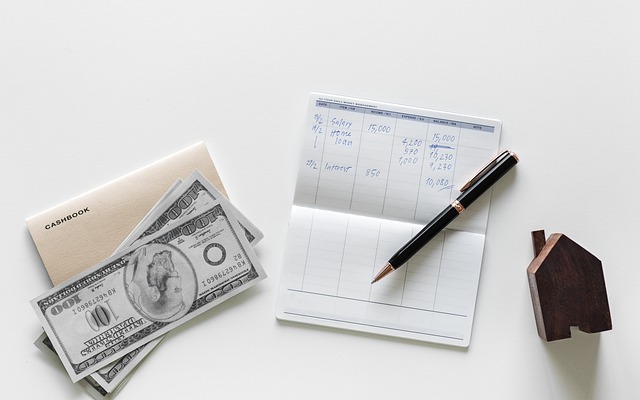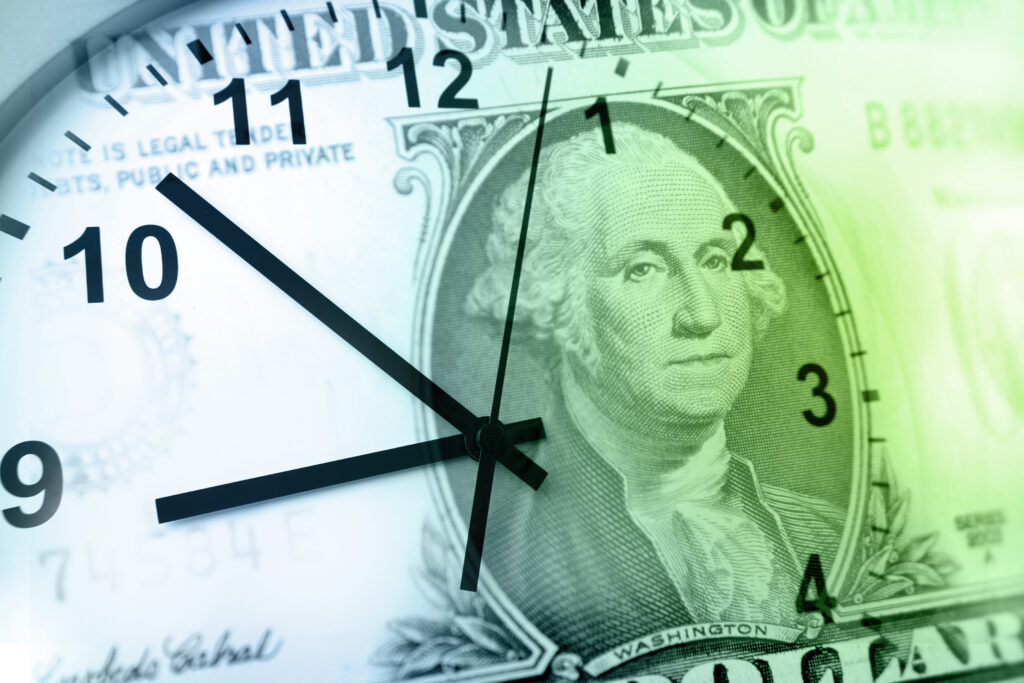What You Can Do If Your Debt Collector Violates the FDCPA
Is it a Good Idea for Seniors to File Bankruptcy?
3 Ways to Stop Creditor Harassment
Bankruptcy and Tax Debt: What You Need to Know
In 2021, Americans failed to pay a record $688 billion on their tax returns. 23% of Americans have fallen behind. If you fall within that 23%, then bankruptcy can be an avenue for eliminating some of your tax debt, though not necessarily all of it. However, tax debt is a bit more complicated than other…
What is the Role of Credit Counseling in Bankruptcy?
Bankruptcy law requires filers to undergo mandatory credit counseling before any debts are forgiven. Often, your attorney will link you with a non-profit credit counseling service. You can also find your own service. Any counseling service you use must be one of the list of agencies approved by the Department of Justice. You’ll be able…
Understanding the Different Forms of Debt Relief
As you consider bankruptcy, you might have heard about other forms of debt relief, such as debt settlement, debt consolidation, and debt management. While these terms all sound very similar, there are important differences between them. You should understand how each of these programs works and how they might impact your life before making any…
How Reaffirmation Agreements Work
A reaffirmation agreement is a voluntary agreement that allows a borrower to hold on to certain types of debts that might otherwise have been discharged in bankruptcy. For example, if you are filing Chapter 7 and wish to keep a house or a car for which you don’t have much equity, you may use a…
How the Automatic Stay Protects You During Bankruptcy
When you file for bankruptcy, you gain protection under the “automatic stay,” which protects you from your creditors during the bankruptcy process. The automatic stay brings all collection efforts to a screeching halt. These include: Phone calls Letters Lawsuits Wage garnishments Repossession Foreclosure In most cases, the automatic stay remains active throughout the life of…
Chapter 13 Dos and Don’ts
Declaring Chapter 13 bankruptcy can be a smart financial move, but it’s important to understand that there are actions you can and cannot take during the process. Here are some “dos” and “don’ts” for Chapter 13. Do: Seek Court Approval Before Selling Property The court must approve all transfers for real estate,…
Can Bankruptcy Stop or Remove a Lien on Your New York Home?
A lien can make it much more difficult to sell your property, as the property can’t be sold or even refinanced until the lien is removed. In New York, liens are most often placed by the New York Department of Revenue, HOAs, or contractors when they haven’t been paid. There are several ways in which…
How to Enjoy Financial Freedom After Bankruptcy
Once you achieve your bankruptcy discharge, you’ll achieve a second chance. If you want to make the most of it, you’ll need to take conscious steps to change the way that you approach your financial life—even if your bankruptcy was the result of unforeseen circumstances or issues. Fortunately, there are many ways that you can…
What Happens if My New York Bankruptcy Case is Dismissed?
Having your bankruptcy case dismissed is not a happy outcome for most cases. Usually, it happens when you have failed to comply with court rules, have violated court procedures, have failed to file forms on time, or have committed bankruptcy fraud. Your case may also be dismissed if you fail to attend your 341 meeting…
How Your NY Bankruptcy Impacts Your Social Security
Many older Americans who are contemplating bankruptcy worry it may impact their Social Security benefits. This is a reasonable concern, as many retirees rely on that income to survive. Here’s what you need to know. You Must Report Social Security You must report your Social Security income on your bankruptcy schedule like any other income…










